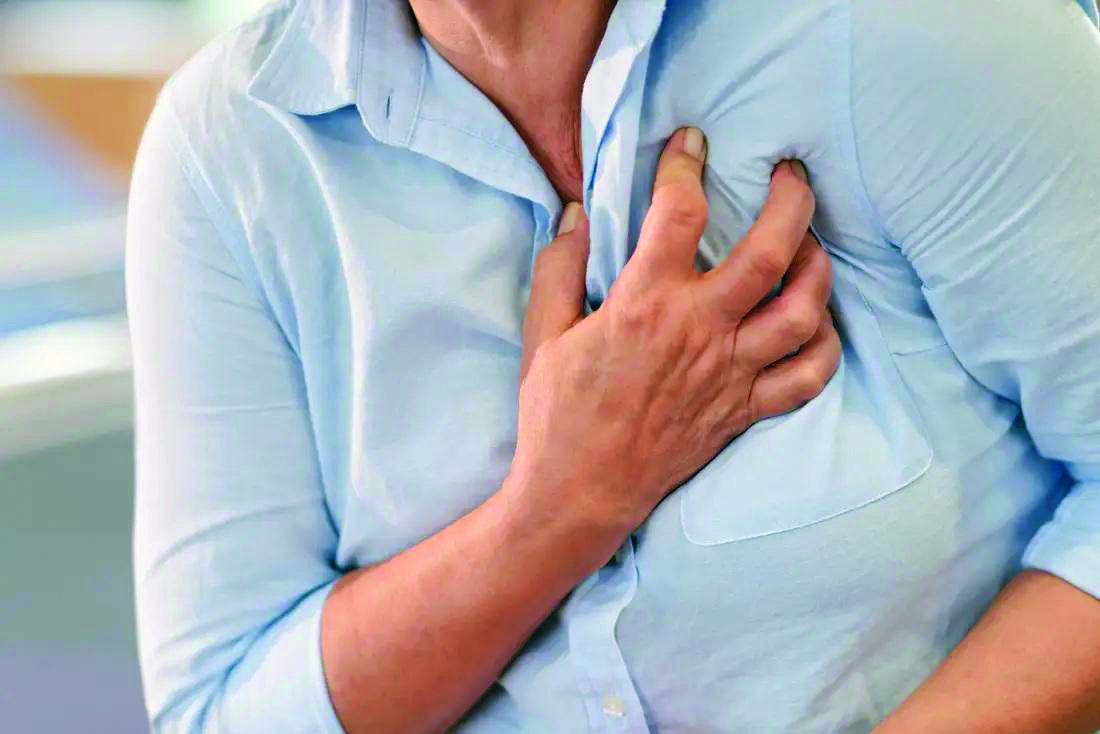Doctors flag rising heart attack cases among young Delhiites during winter

New Delhi: In a concerning trend observed in Delhi’s emergency rooms, a notable increase in acute heart attacks among the 35-50 age group has been reported. A surge of 20-25 per cent more cases than usual, averaging 15-20 cases monthly, has caught the attention of medical professionals.
Dr Atul Mathur, the Executive Director of Cardiology and Chief of Cardiac Cathlab at Fortis Escorts, shed light on the impact of cold temperatures and air pollution on cardiovascular health in Delhi.
Throughout 2023, Delhi grappled with a significant number of days marked by hazardous PM 2.5 levels, signaling the persistent challenge of air quality in the region.
Explaining the correlation between pollution, inflammation, and cardiovascular health, Dr Mathur spoke to the Millennium Post and highlighted the process wherein pollutants induce inflammation in the body, leading to blockages in coronary arteries. He emphasised that injuries to the endothelium, triggered by inflammation or viral infections, pave the way for cholesterol to enter the bloodstream, causing a surge in blood pressure and exerting increased stress on the heart.
He further elaborated on how cold weather exacerbates endothelial and coagulation pathways, heightening the risk of clotting and subsequent cardiac events. He underscored the importance of maintaining physical activity during winter months to counteract the sedentary lifestyle contributing to the surge in heart attacks.
Dr Rakesh Yadav, Professor of Cardiology at AIIMS, attributed the rising trend of heart attacks during the cold wave to lifestyle choices among Delhiites. Late-night outings, peculiar to urban settings like Delhi, expose individuals to the dangers of the cold wave, despite government advisories against venturing out post-midnight when temperatures plummet to 3-4 degrees Celsius.
Dr Yadav also cautioned that even just half an hour of exposure to such chilling temperatures, especially when it drops significantly low, can pose severe health risks.
Dr Gajinder Goyal, Director of Cardiology at Marengo Asia Hospital, echoed these concerns, noting a 25-30 per cent increase in cases during winters. He stressed the importance of monitoring weight gain, cholesterol levels, and overall lifestyle choices, as these factors intertwine and contribute to the increased risk of heart diseases during the colder months.
The experts emphasized the significance of regular blood pressure check-ups and recommended adequate sunlight exposure to prevent vitamin D deficiency, indirectly associated with heart diseases.



